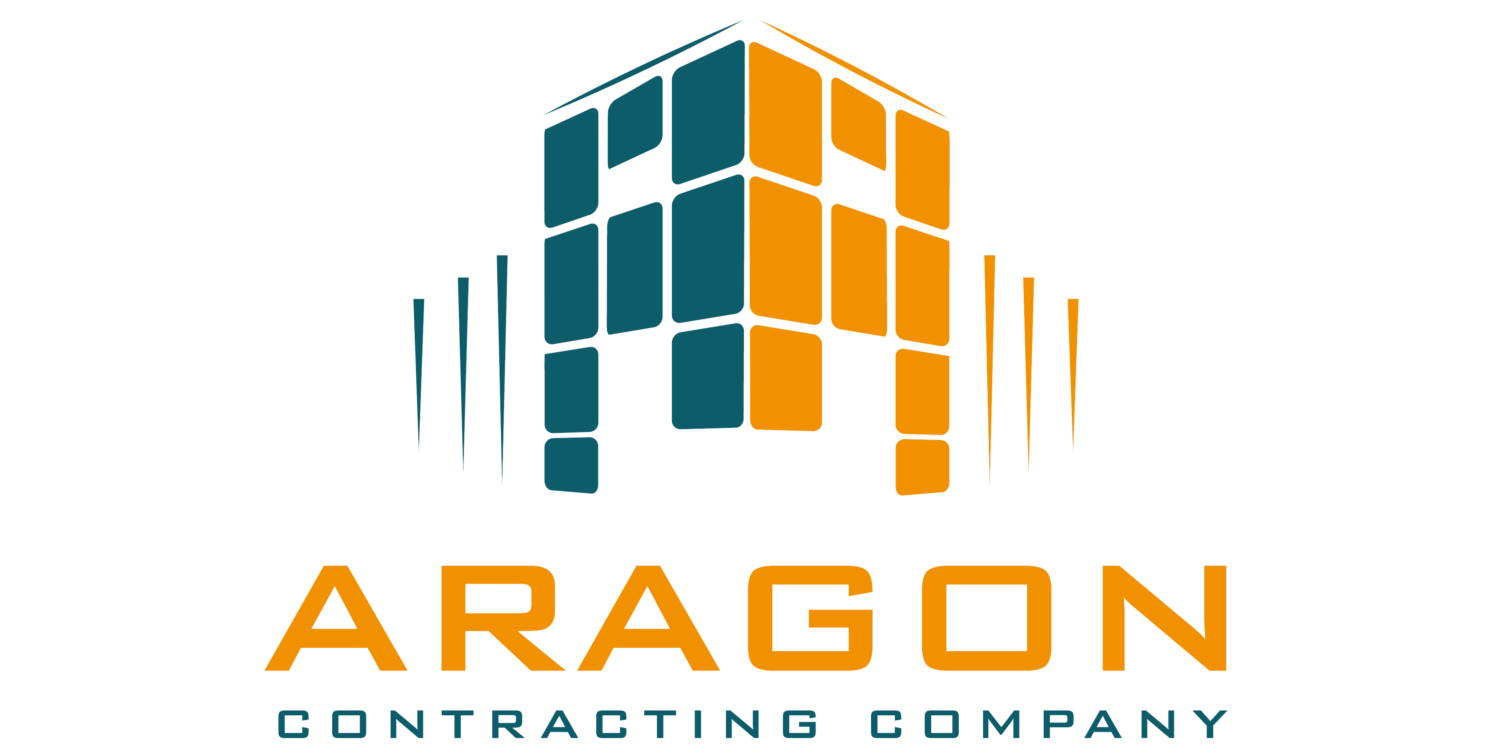
The Importance of Good Planning in the Success of Construction Projects
Learn about the importance of advance planning for construction projects and how it affects the final success of the project. Good planning ensures smooth workflow and high quality.
Article:
In the world of contracting and construction, good planning plays a vital role in the success of projects, whether they are small or large. From initial concepts and design to final delivery, there must be a precise and well-thought-out plan for each step to ensure quality is achieved, and the project is completed on time and within budget.
In this article, we will highlight the importance of good planning in construction projects and how it can positively impact the success of the project.
- Preliminary Project Assessment
Before starting any construction project, a comprehensive assessment of the project details should be conducted. This includes determining required materials, labor, potential costs, and setting timelines for each phase. This preliminary assessment reduces unexpected surprises and ensures a clear vision for all stages of work. - Creating Accurate Timelines
Establishing a detailed timeline is an essential part of planning. This involves setting start and end dates for each phase of the project. The timeline not only facilitates work organization but also helps predict potential delays and take necessary measures to avoid them. When the timeline is adhered to, there is a greater possibility of delivering the project on time. - Coordination Between Different Teams
Construction projects require close collaboration among various teams, such as engineers, architects, and contractors. Here lies the importance of good planning in clarifying the role of each team and ensuring coordinated efforts. This reduces the chances of errors or miscommunication between different teams and increases work productivity. - Effective Budget Management
Good planning also aids in effective budget management. By providing accurate cost estimates and identifying available resources, contractors can ensure that the project does not exceed the specified budget. Additionally, costs should be monitored regularly to avoid financial overruns that could negatively impact project progress. - Careful Material Selection
Within the planning process, materials should also be selected carefully to ensure the project meets the required quality standards. Good materials enhance the project’s durability and ensure its quality over the long term. Through advance planning, the best deals and prices for the materials used can be secured, contributing to cost savings and improved project quality. - Risk Management
Good planning also involves managing the risks that may face the project. By identifying potential risks and developing strategies to address them, major delays or problems that could affect workflow can be avoided. Whether risks are related to weather factors or resource shortages, prior forecasting and preparation enhance the chances of project success. - Maintaining Quality
One of the most important aspects of planning is maintaining quality throughout the execution period of the project. Good planning involves setting strict quality standards and ensuring that all construction phases align with these standards. This helps deliver a final project that meets client expectations and lasts for years without requiring extensive maintenance. - Effective Communication with the Client
Through careful planning, contractors can communicate effectively with the client throughout the project duration. This means providing regular reports on project progress and ensuring the client is always informed of any updates. Good communication helps build trust with the client and ensures their satisfaction with the final results. - Adaptability to Changes
Often, changes in client requirements or circumstances occur during project execution. Good planning includes the ability to adapt to these changes without impacting the timeline or budget. A contractor with a flexible and modifiable plan can meet client needs without affecting the final quality. - Sustainability in Construction
Advance planning also allows for the consideration of sustainability in construction projects. By choosing eco-friendly materials and adopting modern building techniques, contractors can provide solutions that contribute to environmental conservation and reduce costs in the long run. This enhances the project’s value and makes buildings more compatible with sustainable construction standards.
Conclusion
Good planning is the backbone of any construction project’s success. Through careful project assessment, clear scheduling, effective budget and risk management, and careful material selection, high-quality results that meet client expectations can be ensured. Good planning is a crucial step to guarantee projects are delivered on time and within budget while maintaining the highest quality standards.

0 comments
Write a comment